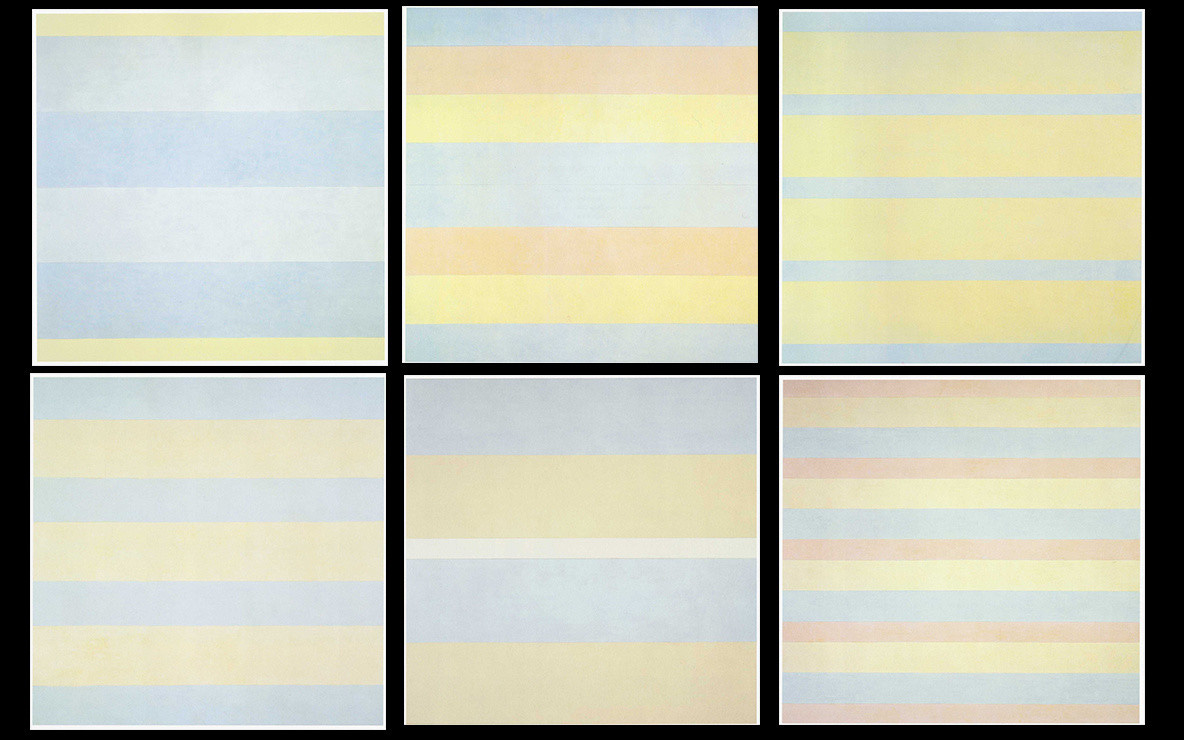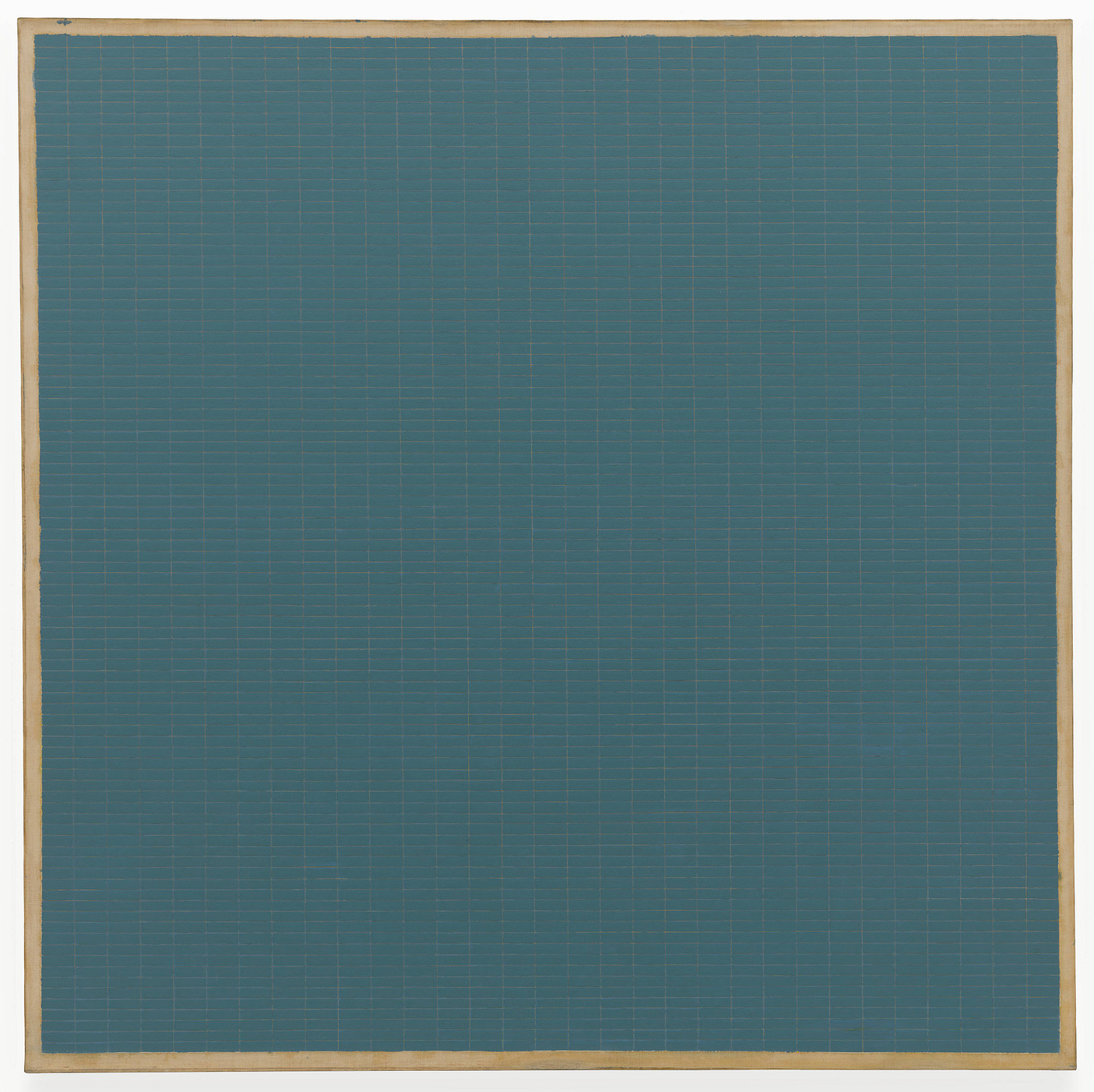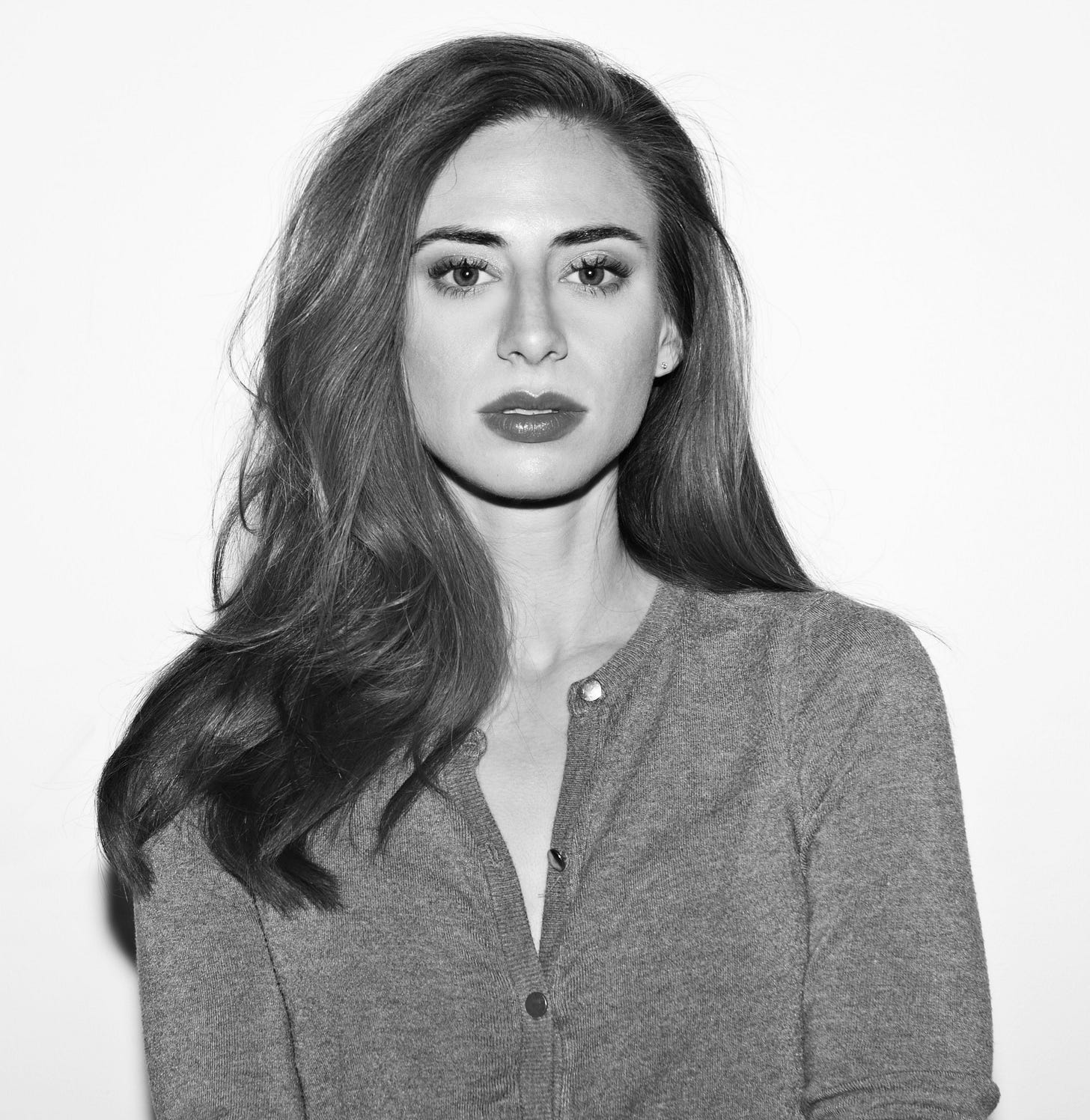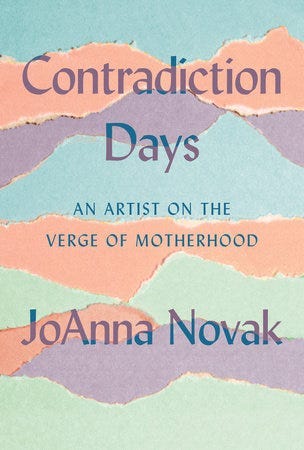JoAnna Novak: On accepting transformations and rejecting balance
Advice from the writer of 'Contradiction Days'
Meet our next creator, JoAnna Novak:
JoAnna Novak
Age: 38
Kid: Almost 4
Location: Illinois
Vocation: Writer
Links: JoAnna Novak
Happy September and happy almost fall! I ended up taking a longer break from publishing The Creators Forum than I had planned. Partly for good reasons—I took an actual vacation that replaced computers with family and travel—and partly for not-so-good reasons—our house was damaged in a storm and we were living out of a hotel for a spell. So while I’m tempted to apologize for the lack of newsletters of late, I’m not going to! Because I hope we all can be so fortunate as to be able to step back once in a while to be with our families and to deal with shit.
As the summer winds down here in New York and the kids are in their school routine again, I am very excited to jump back into TCF. And I was thrilled to talk to a fabulous writer and poet, JoAnna Novak, who has a new book out, Contradiction Days, that is perfectly suited to our purpose here. The book is a memoir that takes place when JoAnna is five months pregnant. She is struggling with her impending life change and what that will mean to herself as a person and to her art. During this time, she relapses into some previous mental health challenges, struggling with body image, depression, and even suicide ideation. To take control of her life, she uses a grant to go to Taos, New Mexico, to study the art of Agnes Martin and to hole up and write. The result is a memoir of a phase in a woman’s life that is usually depicted as sunshine and roses, but JoAnna shows us her brutally honest version.
Talking with JoAnna at this stage, when she has a nearly four-year-old child, was fascinating. I felt like I was talking with a different person from the woman I had read about in the book. Unsurprisingly, creating a human being changes us. As we’ve talked about before in this newsletter, our culture focuses on the baby and not the mother, but what women go through—matrescence—is a real and dramatic change, an event we’re often not prepared for.
JoAnna’s experience has been positive. So many of the things that haunted her pre-motherhood seem to have evaporated. Priorities shift; things are put in perspective. And for many of us, that can be freeing. Not to care so much about one’s self can be a great gift.
But at one point, JoAnna mentions that although she has been happy with these changes, “one feels some sadness for your former self.” So much of motherhood seems to be living with two, often dueling, realities. With every joy, there is loss. With every celebration, there is mourning. The older my children get, the more I understand that parenthood is a continual string of tiny griefs.
I mourn for the version of myself that had skills I didn’t know I had—to hear a baby’s breath catch in my sleep, to anticipate every need of another, to understand an unintelligible babbling language. I mourn for the version of my children that was solely sweet and innocent, for the version of them that found incredible joy in feeling wind, in touching sand, in simply waking up. I mourn for the version of my children that would never think to say “You don’t understand.”
I mourn because these versions of my children will live on only in my and my husband’s memories. Sure, the experiences of their young lives will help shape who they become. But they won’t remember. And when we reminisce, it will be like we’re talking about strangers, to the point where they will get annoyed if we keep yammering on about this mythical time and these mythical kids. But we will keep reminiscing because, for us, we’ll miss the time when we truly knew our children. As teenagers or adults, they will never be completely knowable again; they will always be part stranger. And we will become part stranger to them, these same creatures who used to know us, the best and the worst of us, more intimately than any other human being, more than any partner ever could.
But. There are dangers in always looking back. It’s questionable whether we should have these troves of photos and videos that suspend us, misty-eyed, in a moment that should probably be allowed to fade over time for the sake of our hearts. Because with every loss, with every change, there is something new and beautiful happening, even if it’s hard to see it through the challenges of the moment. I’m excited for the increasingly deep conversations that are happening, I’m looking forward to using whatever sloppy experience I’ve lived to try to help them navigate the world, and I’m taking great joy in watching them become people who are better than I could ever have been. And I have a sad pride in watching them slowly pull away to go find their place.
It is these complex, difficult emotions that are the most meaningful, and they are the ones that we’ll be able to spend a lifetime parsing and contemplating. Even if we do it, sometimes, while cry-watching those damn photo montages on our phones.
Now, JoAnna, in her own words…
On writing a memoir while rapidly changing as a person:
I wrote the first draft during the period of time I spent in Taos in July 2019 when I was pregnant—just under three weeks. I did a first revision when my son was a little, little baby, and then I completed another few revisions over the last few years. I finished the last revision (probably my fifth) in March 2022. Each revision was a total rewrite.
As the distance between the time the memoir depicts and the time that I was living increased, I found it harder to reconcile the person I’d been (the subject of the memoir) and the person I currently was (the person rewriting). That didn’t inspire me to change who I’d been when I was pregnant and turning to Agnes Martin for guidance or solace or direction on how to be a writer or an artist or a creative person in the face of life upheaval; I just got to be aware of how much change really is possible. That was profound to me. And sometimes very sad, even though I was happy that a lot of that change had taken place. But it was really important to me to depict the complexity of my emotional experience during pregnancy because I didn’t find that in what I was reading about pregnancy at the time.

On the unexpected changes that motherhood causes:
My values are the same, but I have a different understanding of what actions and behaviors are in line with those values. I believe that I’m a more generous, empathic, kinder person. I wasn’t necessarily looking for motherhood to transform me in those ways, and I’m glad that it did.
I’m better able to dismiss thought patterns that don’t serve me, ones that may be distractions, that are purposeless. A really specific example of that would be if I think about how much time and energy I spent when I was pregnant and for years before I was pregnant, thinking about working out. I find this fantastically funny now because I don’t think about it at all anymore. If I get the opportunity to run, I’m very happy to go for a run. If I get the opportunity to go swimming, I’m very happy. And if I get the opportunity to go to yoga, wonderful. But those things don’t occupy mind space in the way that they once did. And it’s because I don’t think how much I work out actually matters in the big scheme of things—it’s not how I value myself anymore. If someone shared that quote with me four years ago and was like, you’ll say this, I would have been like, “Yeah, right. Who’s that loser?” I would have been so cruel to myself.
On how motherhood can actually improve body image:
I’m less concerned with my weight at any given moment. I don’t register that as a priority in the way that I once did. And a lot of that has to do with the fact that I think about my son when I’m eating. I eat almost every meal with my son. I’ve been fortunate enough to work from home, so I usually eat three meals a day with him. I move with him and I try to share the pleasure I find in food and movement with him. A lot of the negative feelings I had attached to food have been transformed into positive feelings that I want to model for my son.
On the push and pull of motherhood and creativity:
That’s a work in progress for me. Sometimes I don’t think leaving the living room where my son is playing to go write is the best use of my time. Even if part of me wants to. I have a conflict because one part of me, a big part, thinks there’s nothing more important than this moment, than being with my son, whether we’re drawing together or reading or he’s just climbing all over me and being lovey. But then, if I go too long without writing, without taking that time, I get irritable. And frustrated with myself. Well, what am I doing? Am I writing? Am I working? There’s a kind of uneasiness between those two things.
That said, I’ve still written a lot in the past four years. I have an incredibly supportive partner who’s been enthusiastic about being a father from day zero. I’ve had childcare; my son has had an incredible babysitter; now he’s in preschool. So I have been able to get work done, and I do make the choice to take time for my writing. It’s just not without internal conflict.

On the bullshit concept of balance:
Don’t worry if you can’t balance your art and being a mother. Trust that that’s what’s right for right now. I think balance can be a myth, and the idea of balancing can be stifling. Because it’s so easy to want to perfect balance, to win at balance, to be exemplary at balance. Balance is overrated because sometimes life is not balanced and that can be really important and lead to important periods of work later. I’m thinking about times when I haven’t been writing at all, when I’ve just been taking care of my son and doing what I need to do to maintain my job. In my experience, that doesn’t mean the ability to write or the energy to write or create goes away. That energy will be there when you can be there to meet that. When you have the time for that.
There’s no sort of ideal, perfect writing moment. I don’t have the same sort of time to write and rewrite and write and rewrite a draft seven times. I have limited time, so I do the work when I can, but I don’t worry about it being perfect as much as I used to. I’ve made peace with that and understand that the work gets to be this different thing. It’s maybe not as obsessed over, and I think that’s made my writing better. Being sort of open to that and not holding oneself to this impossible standard of the perfect creative situation, whatever that looks like.





Loved this so much and so happy to have TCF to relish in my inbox. So many nuggets of wisdom here, but what really resonates was the idea giving the finger to the idea of cultivating balance. Increasingly feel like it’s a short shrift, a way to be jack of all trades, master of none. More and more I am drawn to the idea of zoning out of various modern pressures (go to yoga, know global affairs, be a good friend) and just focusing on mastering your craft, through children raising and all other modes of passing through time and space. Thanks once again for this grateful fruit for the mother on an intellectual plane.